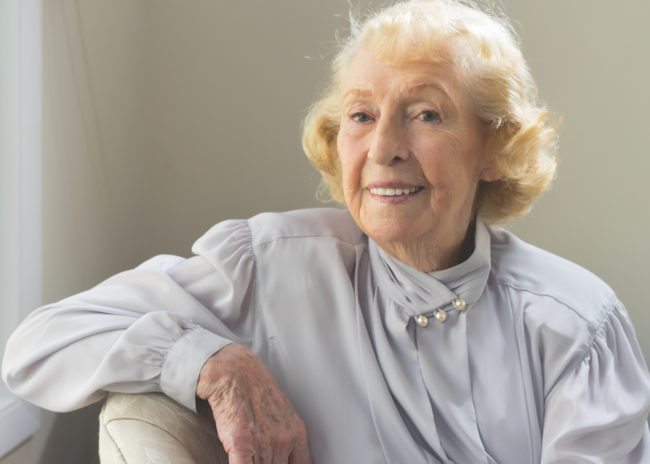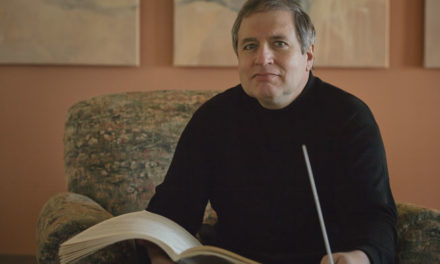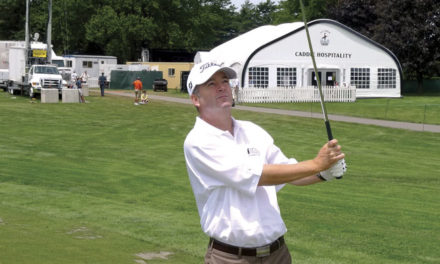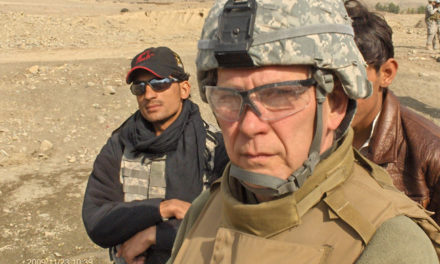
BY ERIN HOLLINDEN
Barbara Restle, 90, teared up when she heard “Yours Is My Heart Alone” composed by Franz Lehar sung in German at a benefit for Shalom Community Center. “The world is very small,” she says.
As an 11-year-old, Restle heard Lehar’s music in an Austrian opera house where Nazi flags flanked the stage. Restle was born in Paris to Christian parents from New Jersey, the third of five children. When WWII began, the family lived near Vienna, riding carriages up a cobbled Roman road, past Beethoven’s home, to their villa overlooking Baden bei Wien. Restle watched as Austria was annexed by the Nazis. “The Aryan race was ‘supreme,’ and my Jewish friends were afraid,” she remembers.
As Hitler watched Joe Louis out-box Germany’s Max Schmeling in the 1936 Olympics, Restle and her siblings listened on the radio, cheering for the American. She confides that her father worked undercover for the U.S. Department of State and aided the escape of Jewish families. She sailed to America on a ship overbooked with Jews escaping the war. Most of her brother’s friends became Nazi soldiers.
Years later, Restle and her husband, Frank (who died in 1980), raised three children in Bloomington. He was an Indiana University psychology professor, and she earned a degree in journalism. Inspired by her children’s 4-H experiences, she raised cattle, corn, and soybeans in Monroe County. After a particularly harsh winter took its toll on her cattle, Restle says, “I did what was smart and bought a 640-acre farm in Mississippi and moved the herd south.”
Never one to let something like mere distance keep her from taking care of her farms, Restle did what was expedient and earned her private pilot’s license at age 40. More adventures followed. In her late 40s, after the kids left home, Restle joined the Peace Corps, serving as a livestock officer in Fiji, where she was threatened by corrupt, machete-wielding cattle farmers. “Sometimes I wonder how I survived dangerous events that could have led to total disaster and led to surprising success,” she says.
Locally, Restle may be best known for her environmental activism. In the mid- 70s, as president of the Sassafras Audubon Society, she donated her 87-acre farm to the U.S. Fish and Wildlife Service, which prevented Westinghouse from building a PCB incinerator on a nearby tract. A few months later, she donated 50 acres of hardwood forest to Sycamore Land Trust. In honor of her efforts, Sycamore Land Trust has named its highest annual recognition the Barbara Restle Lifetime Conservation Award.
















Love you Barbara! Memories of fighting the good fight at your side.
Hello David: As you can see I do not follow this area of communication – barely once a year. If you and your family get any where close to my home, 929 E Juniper Place Blmngt please drop in. I would be enthused to learn about your careers and where your interests lie. I am in the phone book. Thank you for your comment – you were part of my life at a very difficult time — fondly . Barbara Restle